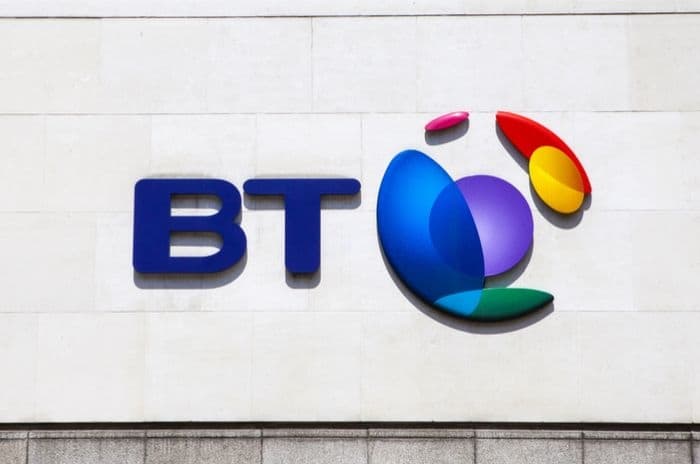Home > Broadband > News > BT grabbing £5bn extra profits at consumer expense, report claims
BT grabbing £5bn extra profits at consumer expense, report claims
BT are making £5 billion in excess profits by charging over the odds and ignoring Ofcom regulations, a new report commissioned by Vodafone claims.

As BT is considered to have Significant Market Power (SMP), Ofcom is able to impose ex ante remedies, including price regulation, on the company.
However, according to research carried out by Frontier Economics, BT's profits since 2005 come in at £5 billion over the recommended level.
High prices behind soaring profits
The £5 billion figure mentioned in the report suggests that providers buying wholesale services, and therefore consumers, have been paying more than they should.
The research can only comment on the analysis period, April 2005 to March 2013, but even that means BT's prices have been too high for at least eight years.
Had BT been earning profits at the benchmark level, regulated wholesale prices would have been around 10% lower.
BT, unsurprisingly, have slammed the report.
The telecoms giant disputes any claims that they have made returns higher than Ofcom allows and say that the figures are 'wildly inaccurate'.
The report is 'ill-informed', BT added, as they actually have some of the lowest wholesale prices in Europe.
It's not just BT under fire: Ofcom hasn't appeared from the report unscathed either.
One of the biggest concerns for both consumers and businesses alike is that the products and services under scrutiny are those regulated by the watchdog and that, while the regulator has clearly been aware of BT's apparent excess profits, it has yet to take any action.
Digital stranglehold
Vodafone said that Ofcom needs to do something about the 'stranglehold' BT has over the UK's digital communication.
Other providers have also given their two cents on the matter.
TalkTalk say that the report supports their previous claim that BT effectively has a monopoly on the market and people have been paying over the odds because of its inadequate regulation.
The provider also emphasised the need for better regulation of pricing for copper and fibre products, the subject of a previous TalkTalk complaint about BT in May 2013.
Both Vodafone and TalkTalk claim that the profits are the result of BT's monopoly over the digital infrastructure: they own everything, from broadband lines to data pipes.
The existing complaints, combined with these new figures in the Frontier Economics report, have further fuelled speculation that the Government should regret allowing BT to win all the contracts from the Broadband Delivery UK (BDUK) Scheme.
Government under pressure
Back in September, a report by the Commons Public Accounts Committee, said the Government had completely mismanaged its rollout of superfast broadband through BDUK by giving BT a monopoly in the market.
As no other companies, other than BT, won any of the contracts, many of them intended to significantly improve broadband access in rural areas, the committee has called for the Department for Culture, Media and Sport to stop a pending £250m payment until competition is introduced.
The level of profit thought to be over the threshold is even more damning, as it's twice the amount invested in the BT fibre network.
BT are ploughing £2.5 billion into digital infrastructure to cover two-thirds of the UK.
Operators are unlikely to make much profit on their investment in difficult to reach areas so BT will still benefit from owning the assets created by £1.2 billion public funding.
What's more, the committee claimed, judging by the few checks that have been made BT look to have inflated project costs by £3 million.
This has not been proved as BT would not allow civil servants to compare its usual costs with those being funded by the Government.
But, again, BT claimed that the report was incorrect.

We are independent of all of the products and services we compare.

We order our comparison tables by price or feature and never by referral revenue.

We donate at least 5% of our profits to charity, and we aim to be climate positive.
Latest News

29 December 2025
Community Fibre drops mid-contract price rises for new customers
29 December 2025
FACT warns users of illegal streaming after police investigation
23 December 2025
UK fixed broadband performance: latest Opensignal reportGet insider tips and the latest offers in our newsletter


